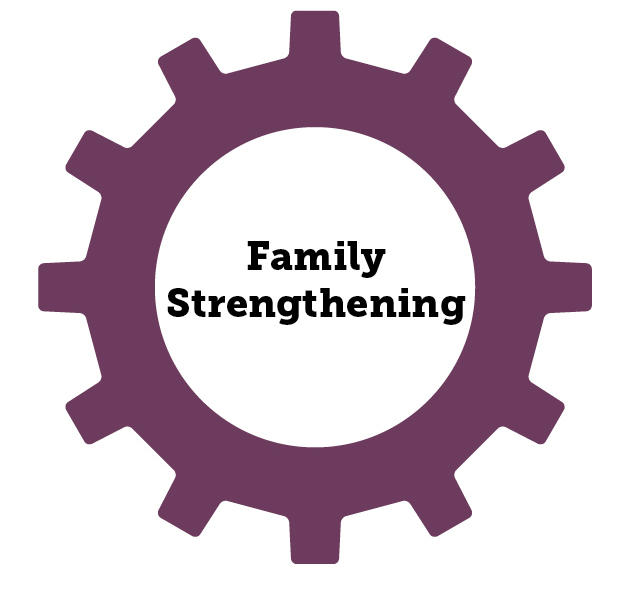Maternal Infant Early Childhood Home Visiting (MIECHV)
The Need
In response to the COVID-19 Public Health Emergency, the Health Resources and Services Administration (HRSA) issued $40 million in American Rescue Plan (ARP) Act awards across the country to 56 current MIECHV recipients to address the needs of expectant parents and families with young children. Colorado’s MIECHV Program Manager met with home visiting stakeholders and learned that local home visiting programs were struggling with technology to serve families virtually, retaining staff/providing them with additional training to meet increased mental health concerns and meeting the increased needs expressed by families for basic necessities.
The Strategy
CDEC is leveraging the critical role of home visitors in the Maternal, Infant and Early Childhood Home Visiting (MIECHV) Program response to the COVID-19 public health emergency. Funds have been used to support four evidence-based home visiting models: Child First, Home Instruction for Parents of Preschool Youngsters (HIPPY), Nurse-Family Partnership (NFP) and Parents as Teachers (PAT), including enhanced home visitor training and mental health consultation to benefit enrolled families and children, local site technology and communication needs, staff retention incentives and support to families for basic necessities.
Between May 2021 and September 2023 (round 1), CDEC distributed $100 prepaid grocery cards directly to 2,000 families receiving home visiting support statewide; provided enhanced technology support to 16 sites across the state to support their use of virtual visits; expanded NFP caseload capacity to support 25 additional families; provided one-time $500 bonus payments to 116 home visitors to support workforce retention and enhanced home visitor training by including mental health consultation and the use of trauma-informed approaches to service delivery.
Key Outcomes and Learnings
One goal of the MIECHV Stimulus funding was to distribute grocery gift cards to families. The MIECHV-funded programs nearly achieved their target of 1,800 families, distributing 1,568 grocery gift cards. Families enrolled in MIECHV-funded programs have been overwhelmingly appreciative of the prepaid grocery cards.
Home visitor recruitment and retention rates improved with the one-time payments. Through MIECHV stimulus funding, CDEC also set out to increase the capacity of the Nurse-Family Partnership program to serve more families, from 345 to 370. This goal was achieved by providing funding for one full-time employee in Adams County.
Six Child First sites and the Child First intermediary (Invest in Kids) are receiving stimulus funds for the 2023-2024 fiscal year, assisting at-risk counties with therapeutic home visiting services.
Parent Possible, the intermediary for HIPPY and PAT, has supported home visitors through Enhanced Home Visiting, providing home visitors with reflective consultation, workplace wellness and trauma-informed practices, mindfulness and self-care activities and early childhood mental health endorsement support.

Funding
Amount: $2,539,138
Source: MIECHV - American Rescue Plan
Expiration:
- Round 1: September 30, 2023
- Round 2: September 30, 2024
Next Steps
All follow-up survey data will be shared with applicable stakeholders to assist in identifying the overall need for these grant dollars as well as areas of improvement for potential future opportunities.
Colorado's MIECHV American Rescue Plan Investment Details
Round 1 ($829,563):
- CDEC personnel grants administration costs: $35,815
- Technology support for MIECHV sites and families for virtual visits: $133,500
- Prepaid grocery cards for families: $200,000 ($100 per family)
- NFP caseload expansion of 25 families (1.0 FTE nurse home visitor, 0.3 FTE data support): $150,316
- Enhanced home visitor training: $256,000
- Indirect costs: $53,932
Round 2 ($1,709,575):
- CDEC personnel grants administration costs: $36,000
- Retention or recruitment $500 one-time pay for MIECHV home visitors: $58,000
- Child First home visiting support: $1,000,000
- NFP caseload expansion of 25 families (1.0 FTE nurse home visitor, 0.3 FTE data support): $150,000
- Enhanced home training: $165,527
- Emergency supplies for families: $189,935
- Indirect costs: $110,113
